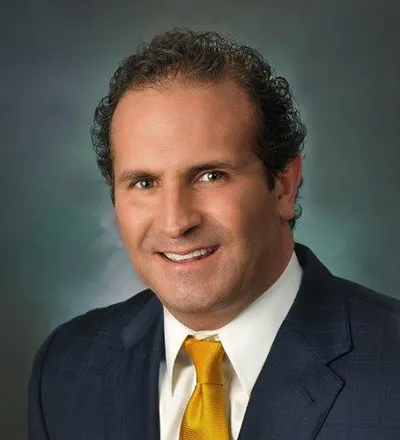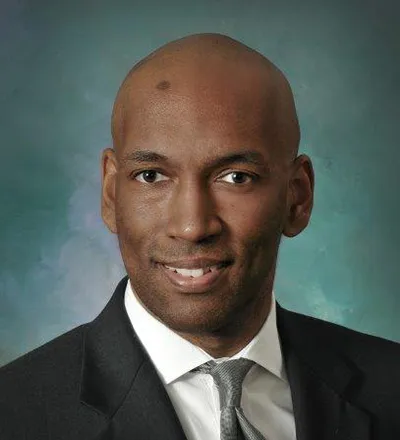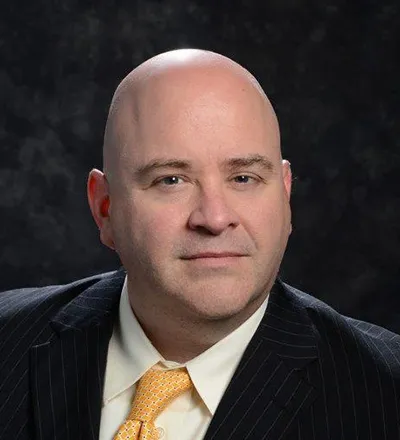- posted: Feb. 15, 2019
Recently, the Supreme Court of Appeals of West Virginia heard the case of Douglas A. Day vs. West Virginia Department of Military Affairs and Public Safety and the West Virginia Division of Protective Services. The case involved issues of free speech in the workplace and the question of when a case meets the precedents set in Harless v. First National Bank in Fairmont. That precedent established that a discharged at-will employee could bring an action against his employer for retaliatory or wrongful termination when the termination violates a "substantial public policy principle."
Day worked as a police officer for the respondents, having been hired in August 2011. The incident that precipitated the case occurred in January 2014, when Day was working his shift at the West Virginia State Capitol Complex. On this particular day, there was a public rally protesting a chemical spill that had contaminated the water supply in the area.
The next day, Day posted a message on Facebook that was sympathetic to the demonstrators at the rally, referring to an incident at the rally that made him “embarrassed to be in the uniform.” During this alleged incident, a citizen was forcibly removed from the rally for bringing a jug of contaminated water he collected from the home of his dying father.
Day was terminated several days later via a letter. His employer did not provide a reason for the termination, simply stating that as an at-will employee, he could be terminated without cause. He then filed a grievance with the West Virginia Public Employees Grievance Board.
The Harless precedent
According to Day’s complaint, his termination was unlawful and consistent with the precedent set in Harless, he suffered retaliation for making comments about an issue of public concern. After the circuit court granted summary judgment to the respondents, he appealed, arguing the circuit court misapplied the law concerning employees’ constitutional free speech protections.
Ultimately, the appeals court determined the Facebook post was made in his role as an officer rather than as a private citizen offering his opinion about issues of concern to the general public. This meant it was a personal grievance and did not fall under the category of constitutionally protected speech.
To learn more about the free speech rights your employees have in the workplace and what precautions you need to take when terminating workers, meet with an experienced West Virginia employment attorney at Pullin, Fowler, Flanagan, Brown & Poe, PLLC. Call us at 304-344-0100 or contact us online to schedule an initial consultation.

























































